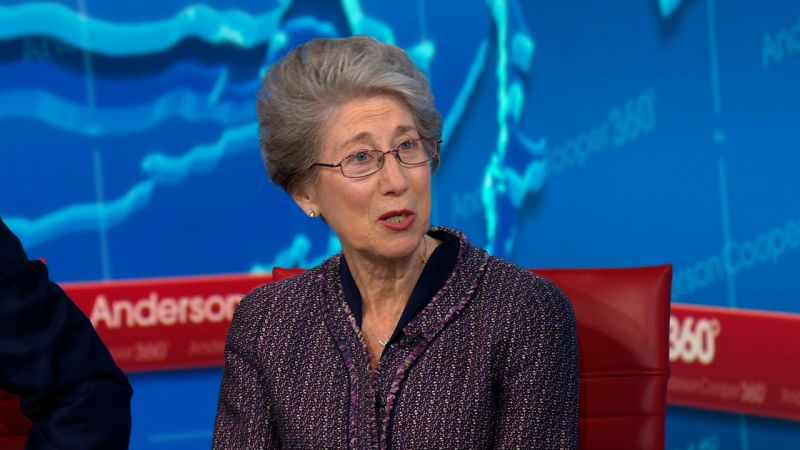In a recent conversation with CNN, former US District Judge Shira Scheindlin expressed her concerns about Judge Aileen Cannon’s handling of the case involving former President Donald Trump’s classified documents. Scheindlin criticized Cannon for being too cautious and insecure in her decision-making process, suggesting that she should take a firmer stance in dealing with Trump’s legal team. She noted that Trump’s lawyers have been consistently filing motions to delay the case, a tactic that she believes is meant to obstruct justice and prevent the truth from coming out.
Scheindlin’s comments shed light on the challenges faced by judges in high-profile cases involving powerful individuals like Donald Trump. She observed that judges in such cases often have to contend with intense scrutiny and pressure from multiple parties, including the media and the public. This can create a difficult balancing act for judges, who must remain impartial and fair while also ensuring that justice is served. Scheindlin urged Judge Cannon to be more assertive in her handling of the case, emphasizing the importance of upholding the rule of law and holding all individuals accountable, regardless of their status or influence.
The issue of Trump’s classified documents has sparked widespread debate and controversy, with many questioning the former president’s handling of sensitive information during his time in office. Critics have accused Trump of mishandling classified materials and putting national security at risk, leading to calls for accountability and legal action. The case involving Trump’s documents has taken on added significance in light of his potential political ambitions and the upcoming 2024 election. As the legal proceedings unfold, it remains to be seen how Judge Cannon will navigate the complexities of the case and ensure that justice is served.
Scheindlin’s critique of Judge Cannon’s handling of the case reflects broader concerns about the state of the judicial system in the US. Critics have pointed to a growing sense of political polarization and partisanship within the judiciary, with some judges being perceived as overly cautious or hesitant to take decisive action in high-stakes cases. This has raised questions about the independence and integrity of the judiciary, and the need for judges to uphold the rule of law without fear or favor. Scheindlin’s remarks serve as a reminder of the importance of maintaining a strong and impartial judiciary that can hold individuals accountable for their actions, regardless of their status or political affiliation.
The case involving Trump’s classified documents serves as a test of the US legal system and its ability to hold powerful individuals accountable for their actions. The outcome of the case will have far-reaching implications for Trump and his political future, as well as for the broader issue of government transparency and accountability. It will also serve as a litmus test for the judiciary and its ability to uphold the rule of law in the face of political pressure and influence. As the legal proceedings continue, it is essential for Judge Cannon and other officials involved in the case to remain steadfast in their commitment to fairness, transparency, and justice.
In conclusion, Scheindlin’s remarks on Judge Cannon’s handling of the case involving Trump’s classified documents highlight the challenges faced by judges in high-profile cases and the need for a strong and impartial judiciary. The case serves as a reminder of the importance of upholding the rule of law and holding all individuals accountable, regardless of their status or influence. As the legal proceedings unfold, it is crucial for Judge Cannon and other judicial officials to remain vigilant in their pursuit of justice and ensure that the truth is brought to light. Only by upholding the principles of fairness, transparency, and accountability can the US legal system fulfill its duty to serve the interests of justice and the American people.


